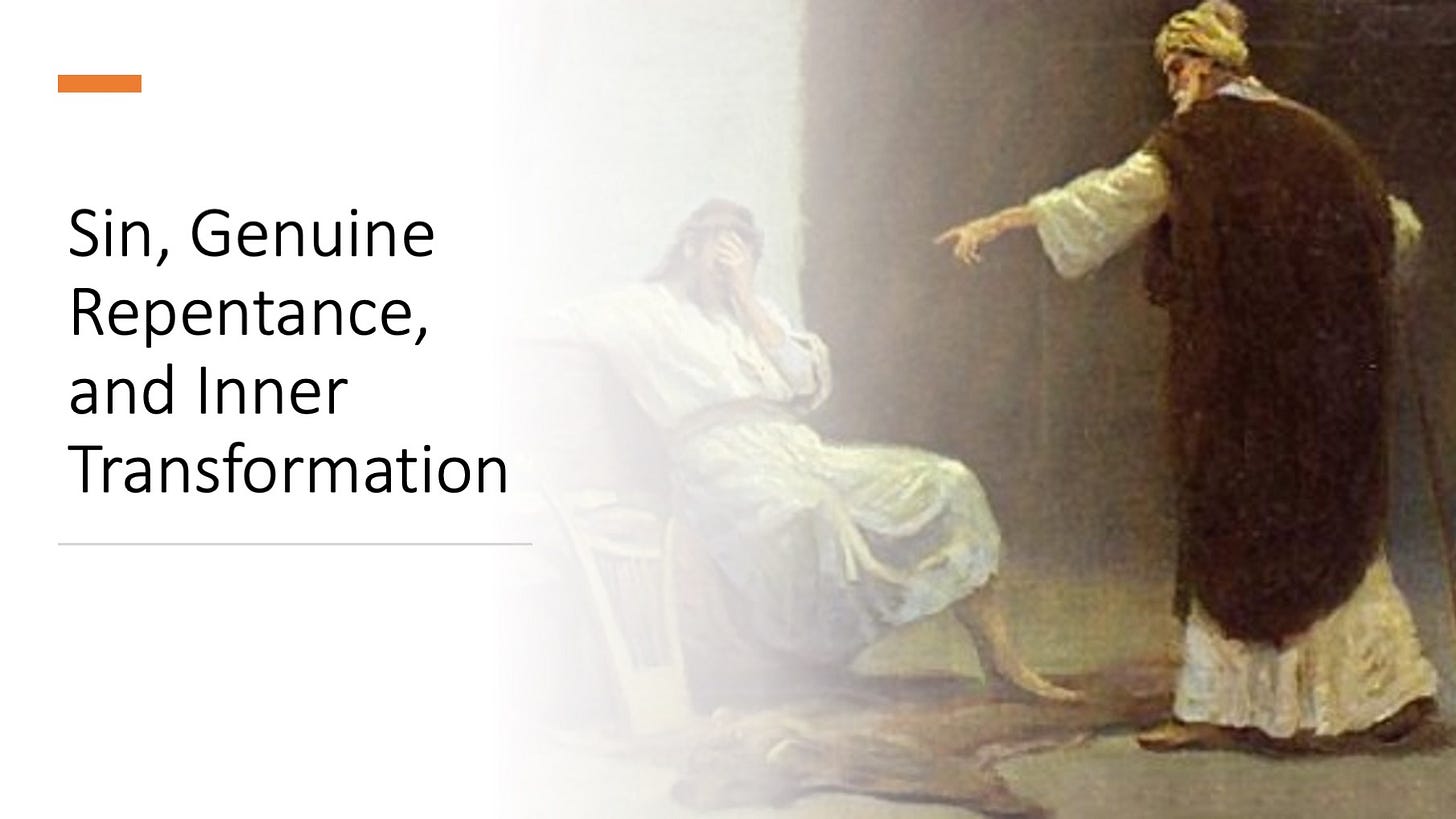Sin, Genuine Repentance, and Inner Transformation
August 8, 2023 - Tuesday, Memorial of Saint Dominic, Priest
Psalm 51:3-7, 12-13
Psalm 51 is widely recognized as one of the seven penitential psalms, highlighting the theme of repentance (Pss. 6, 32, 38, 51, 102; 130; 143). It is intimately linked to the story of David's sin with Bathsheba and his subsequent repentance after being confronted by the prophet Nathan (2 Samuel 11:1-27). The tragic consequences of sin, the necessity of genuine repentance, and the transformative power of God's forgiveness are key elements explored in this psalm.
David's story serves as a vivid example of the tragic consequences of sin. Avoiding his duty as a king, David succumbed to temptation when he saw Bathsheba bathing. Despite knowing she was married, he committed adultery with her. His subsequent attempts to cover up the affair by involving Bathsheba's husband, Uriah, ultimately led to Uriah's death. David's actions displeased the Lord and had far-reaching consequences, including the death of the child born from the affair. This narrative reminds us of the sobering truth that sin carries profound consequences, even when we believe we can evade its repercussions.
Recognizing his sinfulness, the psalmist acknowledges his transgressions and turns to God, who is described with terms signifying mercy and compassionate love. The psalmist longs for a profound cleansing that goes beyond ordinary washing. This transformative washing aims to remove iniquity, sin, and rebellion from within. The psalmist further implores God to create a clean heart within him, employing the same language used in the Genesis account of God's creation of the universe. This highlights the psalmist's recognition that only God can create a clean heart and initiate true transformation.
The request of the psalmist aligns with Jesus' teaching in John 3:5 about the necessity of being born of water and the Spirit. In the sacraments of baptism and confirmation, the Holy Spirit renews our hearts and guides us in living according to God's will. Having been transformed from within, we are called to live in the Lord’s presence and “do not grieve the Holy Spirit of God, by whom [we] were sealed for the day of redemption” (see Eph 4:30).
The psalmist's prayer in Psalm 51 demonstrates a longing for inner transformation and a recognition that only God can create a clean heart within us. Moreover, the significance of confessing our sins before God, especially in the absence of sacrificial offerings, is underscored. As we reflect on these timeless truths, may we seek God's forgiveness, embrace genuine repentance, and experience the transformative power of His grace in our lives.




